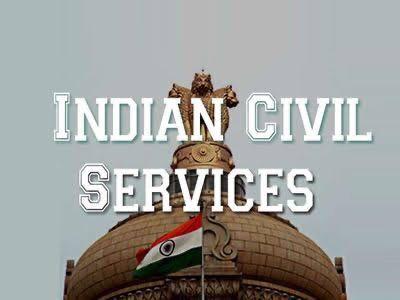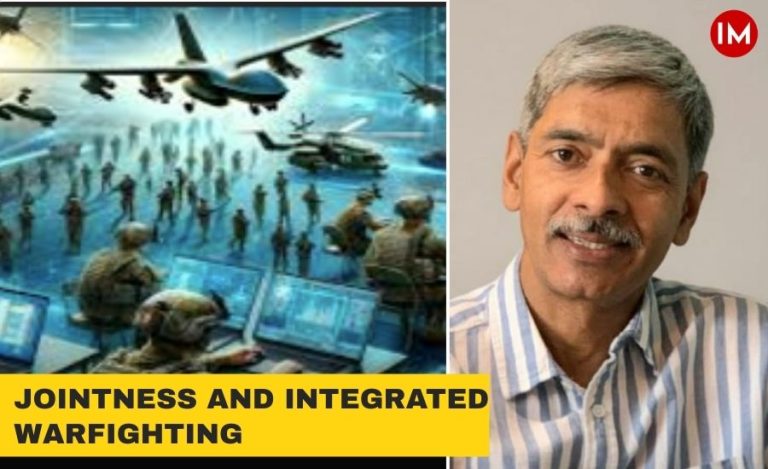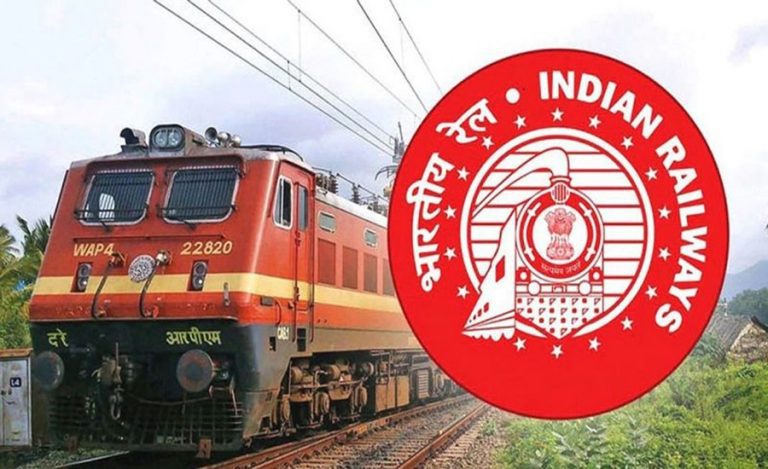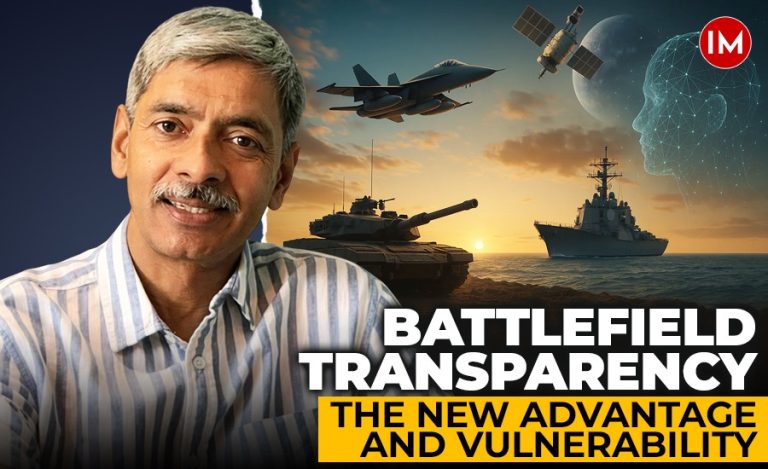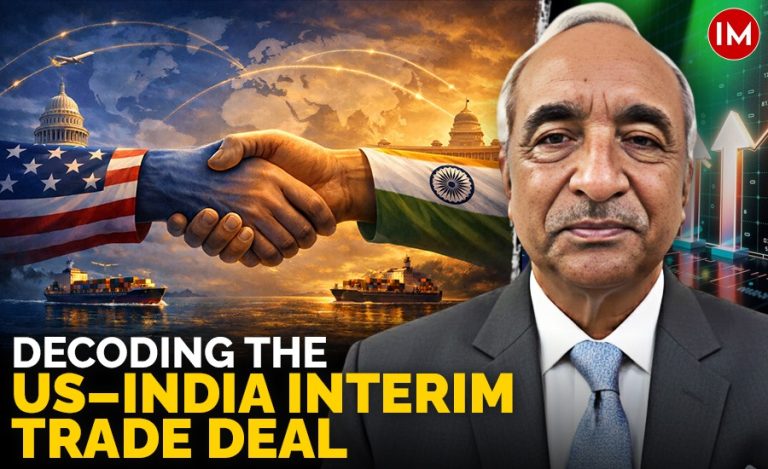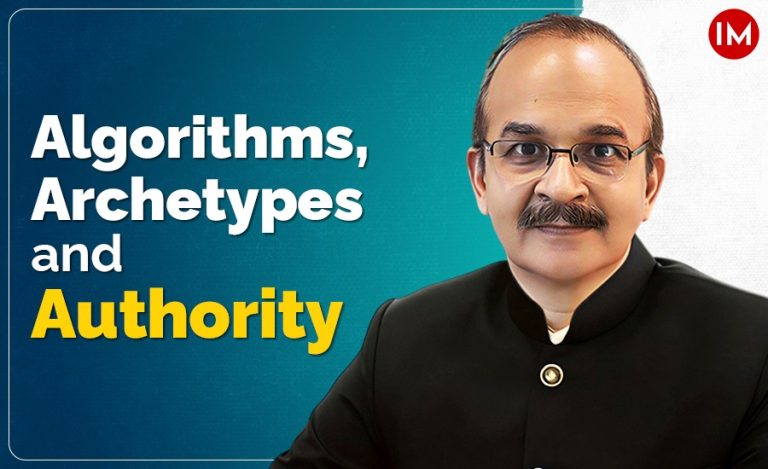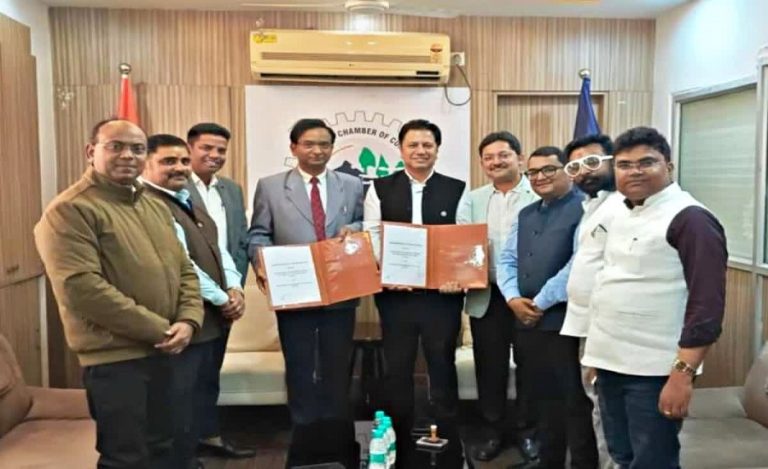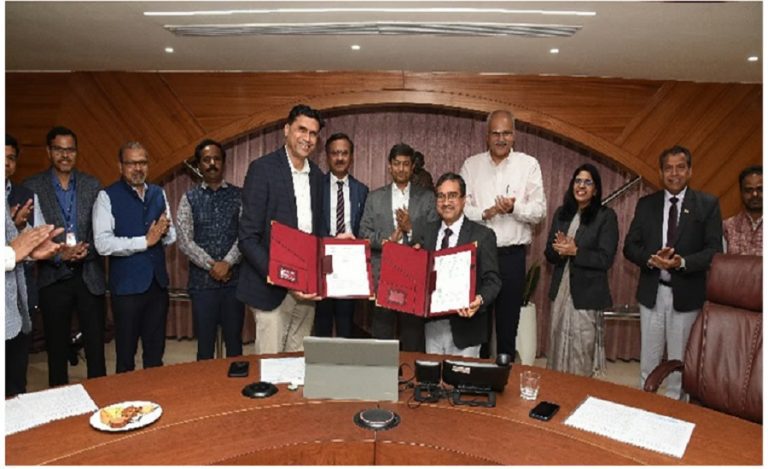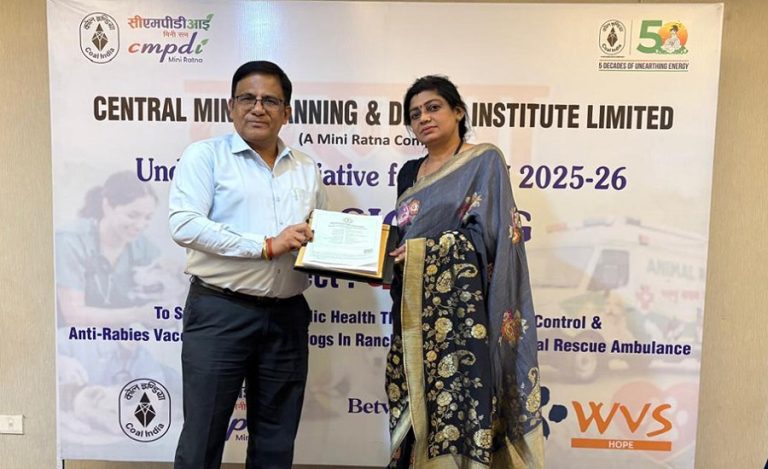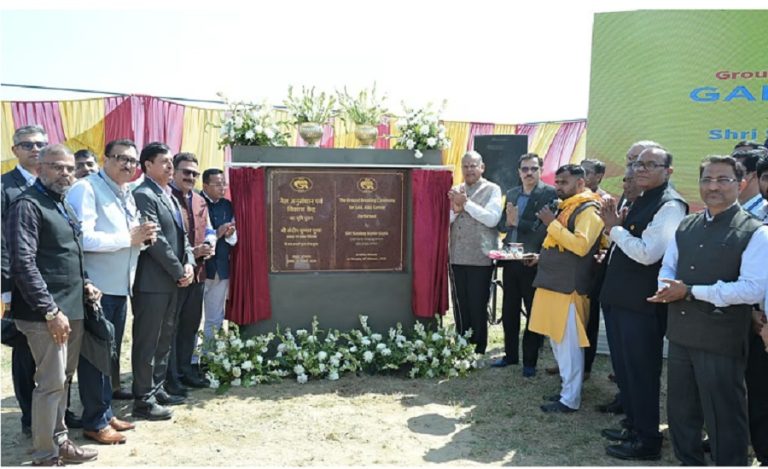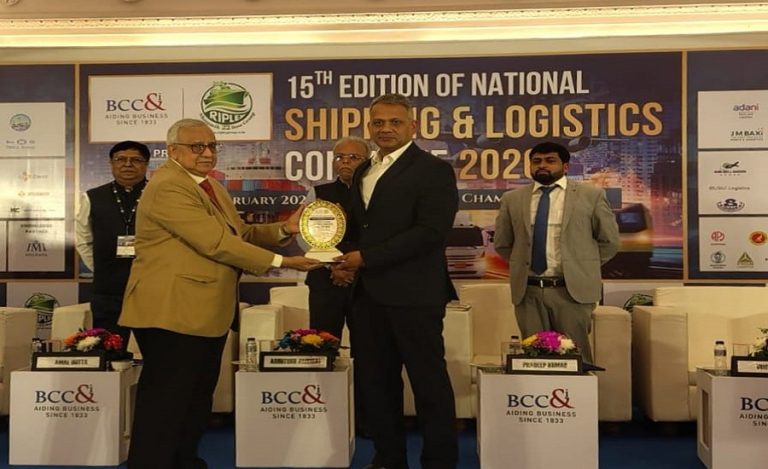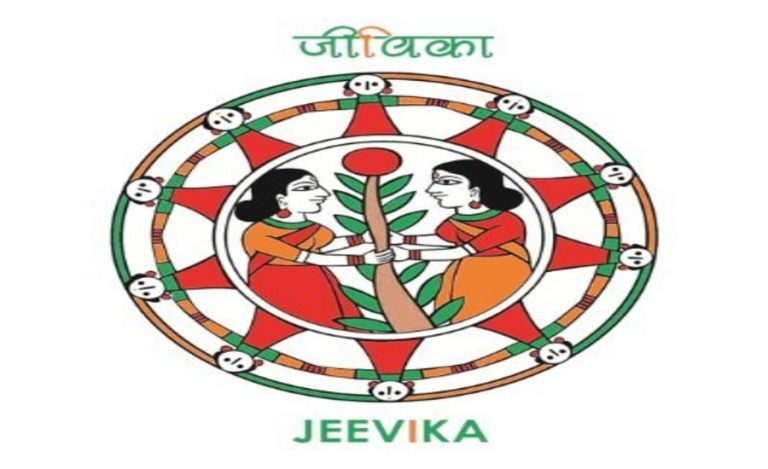As India enters the Amrit Kal of her Independence, it is important to set at rest the recurrent doubts about the ability, competence, and capability of the governance professionals of this country. Research on this subject shows a recurrent pattern – it happens every two decades. A hundred and one years ago, KPS Menon topped the ICS exam. Many in the ICS and the Secretary of State’s office felt that this was the beginning of the end of the ICS! How could an Indian be better than the best of Oxbridge graduates?
SARDAR PATEL STEPPED IN
Two decades later, the civil services exams had to be discontinued because of World War II. Again, the naysayers said that this was the beginning of the end, as there would be no further recruitment. This was not all. After the British decided to leave India, the Secretary of State decided to dismember ICS in August/September of 1946. Sardar Patel stepped in and called for a meeting with the Premiers of the eleven provinces (as the states were then called). Not only were the ICS and IP officers asked to continue, but the Conference of Premiers also decided on the constitution of the IAS and the IPS and the joint recruitment and training of all superior services.
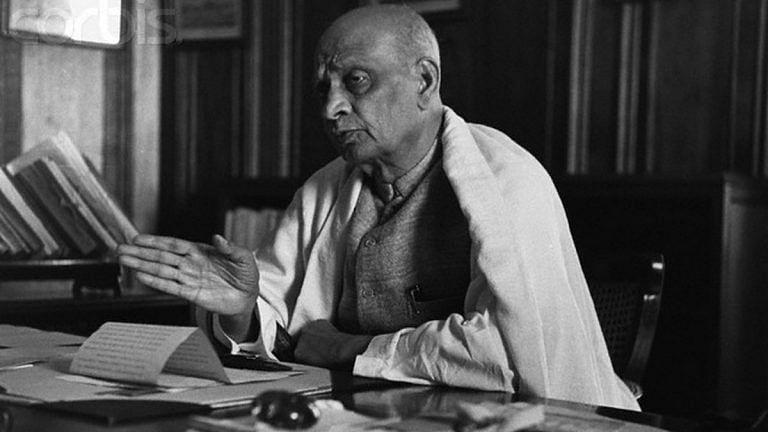
JUDICIAL & EXECUTIVE FUNCTIONS SEPARATED
By the mid-Sixties, most states had separated the judicial and executive functions of the DMs. It led to a series of articles in newspapers and journals saying that this would affect the prestige and power of the bureaucracy. Well, by this time, the primary focus of the state had shifted to Atma Nirbharta in food. While the agriculture department provided the seeds – the ecosystem of credit, market infrastructure and procurement were done by the civil services.
73rd & 74th AMENDMENTS
In 1984, David Potter wrote the book, India’s Political Administrators, and said that civil services would be challenged by elected Panchayats and municipal corporations. In his concluding remarks, he went ahead and announced (much like Fukuyama’s The End of History) that it would take not more than two decades for the services to be wound up. The 73rd /74th amendment were enacted in 1994, but it was welcomed by members of the civil service. In fact, the LBSNAA and NIRD were closely engaged in the national consultations on this subject.
DOUBTS ABOUT A LITERATE INDIA
In 2000, the late lamented Stephen Cohen, author of several books on India and Pakistan, and my mentor at the Brookings Institution Washington DC asked me if a literate India would be more difficult to administer. I remember telling him very clearly that in the next two decades, India would have shed the developing nation tag, and become one of the fastest-growing economies, even as it will afford social security and protection to her people. And I am so glad to mention that the last few years have been marked, not just by rapid economic growth, but also by strict enforcement of the Right to Food and the Right to Work. In and by themselves, these are the largest public welfare programmes in the world – and who is behind the successful rollout of these programmes.
CONSIDER CENTRAL DEPUTATION A RIGHT
There is of course the fundamental issue of how to balance the tenures for all Indian service officers between the Centre and the state. I should however point out that in a purely technical sense, a central tenure is not a deputation – for working for the central government is not only an imperative but if one may say, a matter of right.
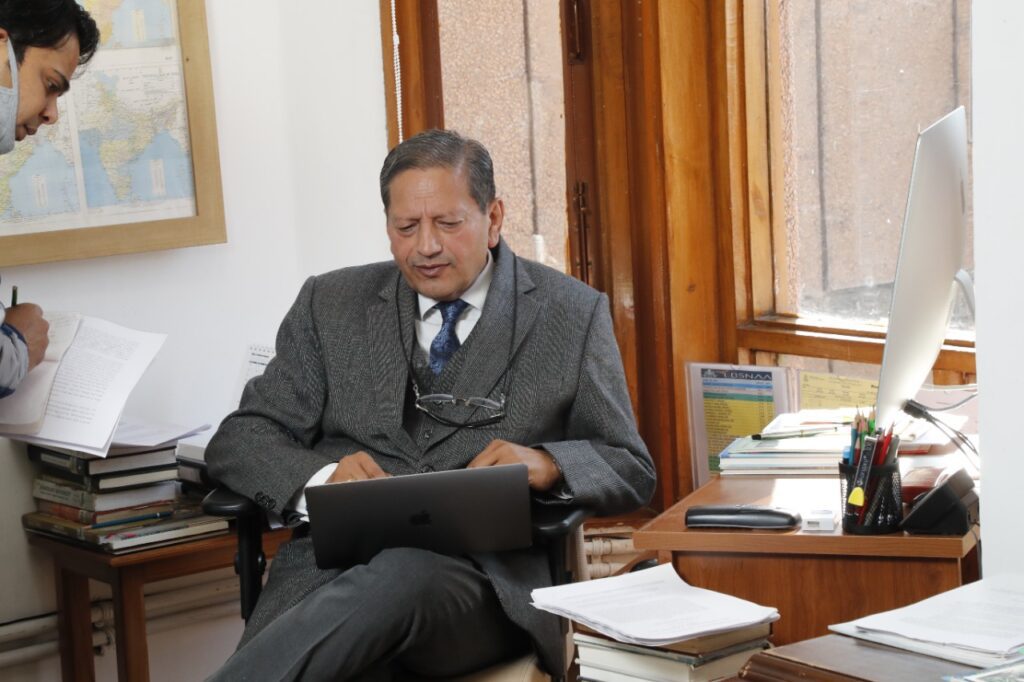
UPSC INSPIRES CONFIDENCE
Having established the twenty-year pattern of surge and settlement of criticism, let me say that twenty years from now, a similar commentary would appear on the editorial pages of newspapers. The problem with many critics of the civil services is that they have fewer opportunities to interact with the next generation of officers which is equally good, if not better. However, this columnist keeps getting feedback about all the great work that is being done on the ground. Let me also say, that it is now acknowledged by one and all that the competition to join the civil services is far tougher than ever before, and the positive point is that the UPSC inspires confidence and trust in its transparent recruitment process.
THE THREAT LIES WITHIN
But before I close, let me again reiterate that the real threat to an institution does not come from any external source. It comes from within. You have to realise the infinite power within you – the power of knowledge, the power of networking, the power of field experience, the power of leveraging technology – and last but not the least, the protection which the Bhishma Pitamah of the civil service has given to us – very few civil services have the constitutional protection that we have under article 311. And he gave us this protection that we use our Mantrana Shakti and Utsah Shakti for the best use of the nation for, as he said, “You will not have a united India unless you have not a good All India service, which has the independence to speak out its mind, and has a sense of security…”
(This article has been written by Sanjeev Chopra, retired IAS officer, former Director of Lal Bahadur Shastri National Academy of Administration, Distinguished Fellow, USI Delhi, Historian & Policy Analyst, and Festival Director of Valley of Words www.valleyofwords.org)

